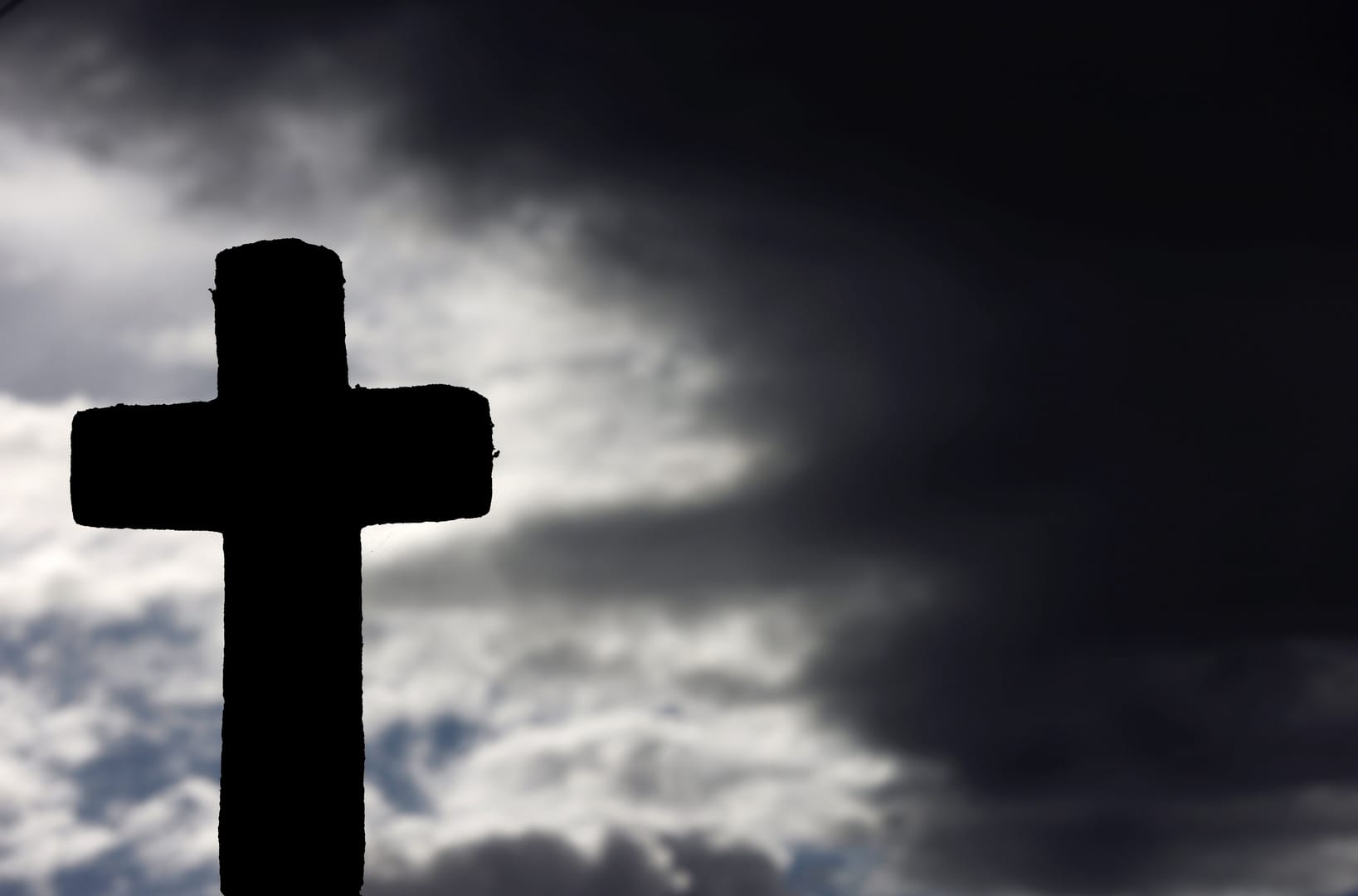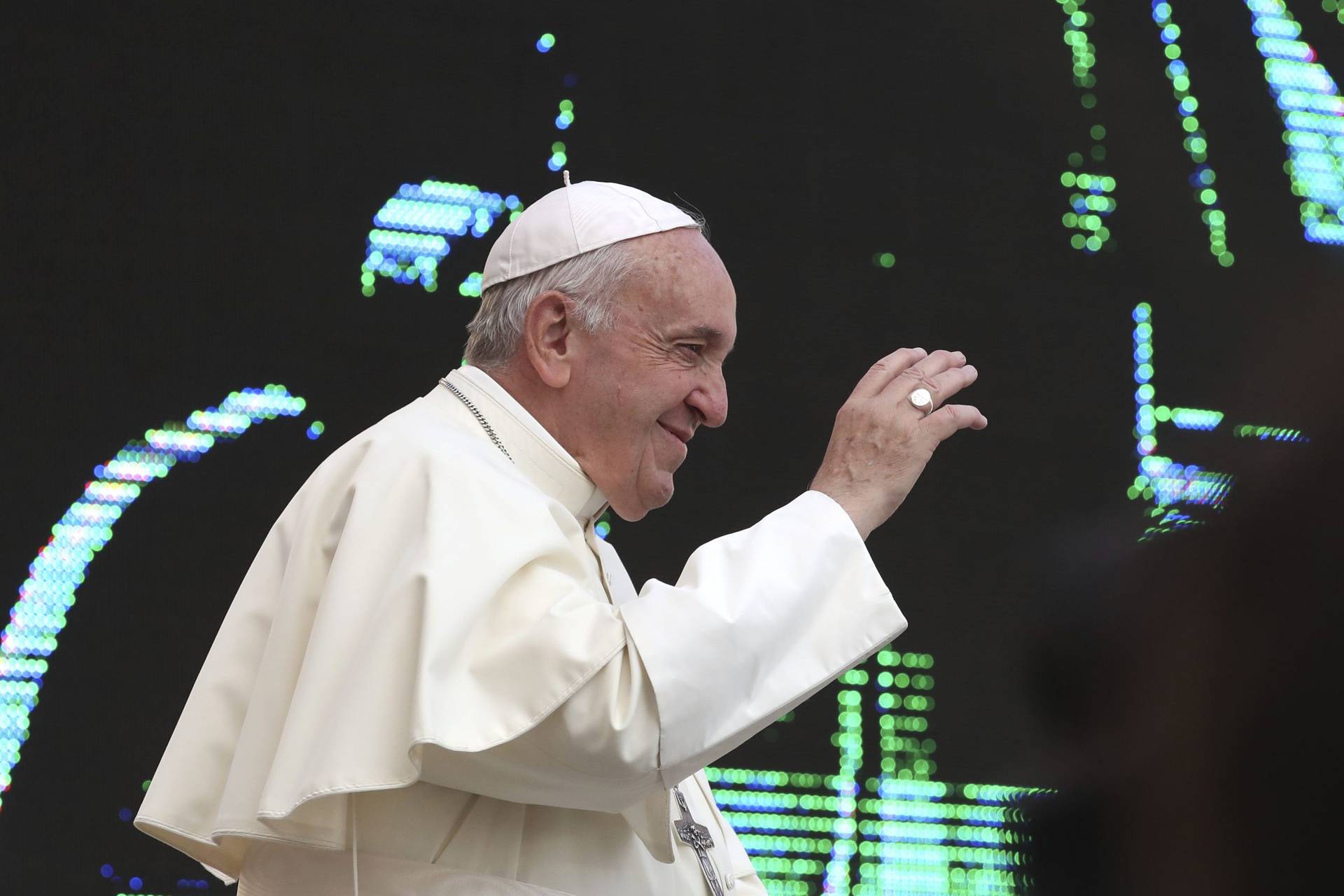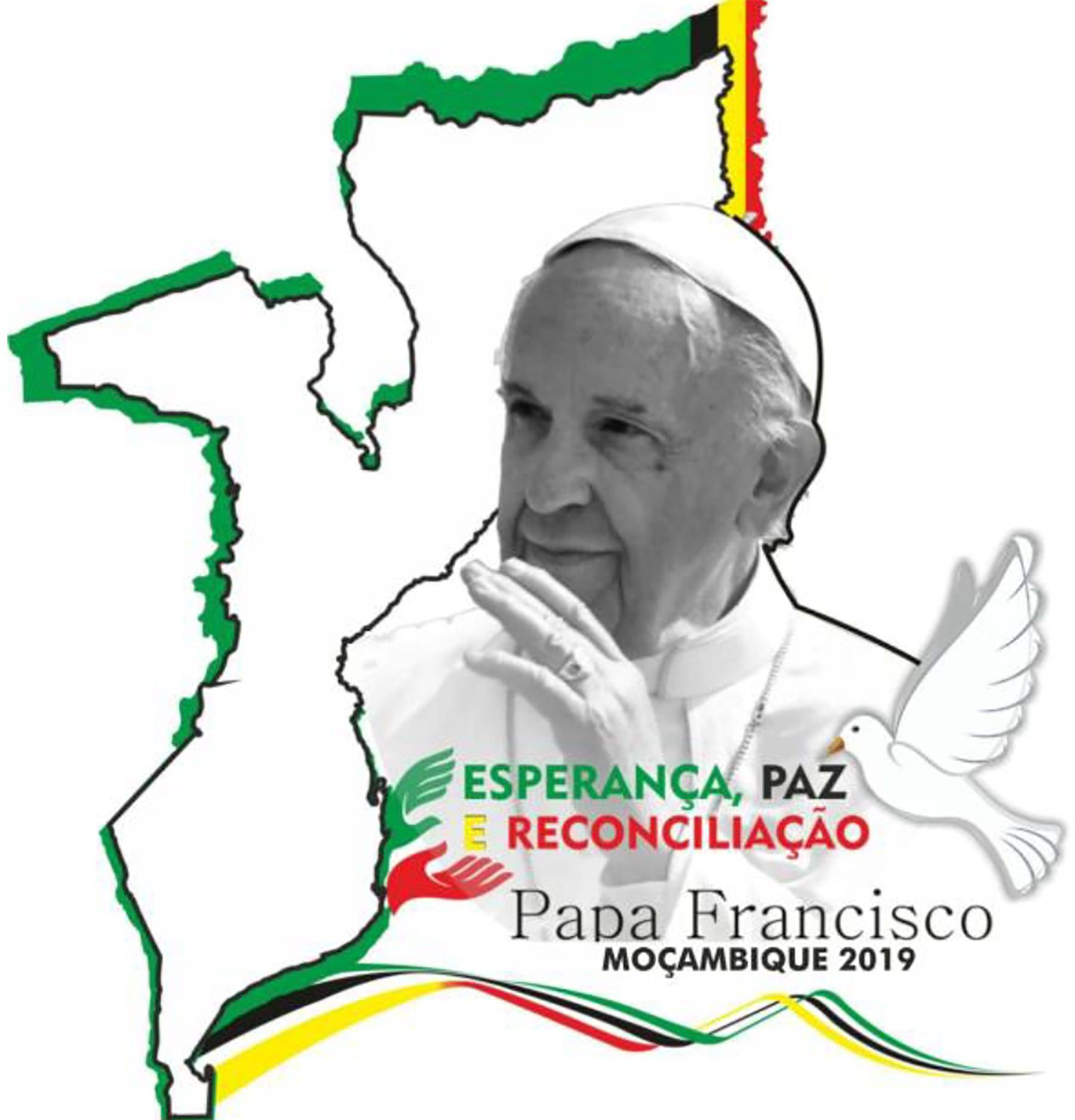PHILADELPHIA – St. Edith Stein was an academic, philosopher, Carmelite nun, and martyr during World War II.
Stein also was a brilliant example of what St. John Paul II described as the “feminine genius,” an term inspired by her writings, according to Terry Polakovic.
Polakovic, president of Endow, used Stein’s life and writings to illuminate “The Special Place of Women in the Family, the Church and the World” during a breakout session Wednesday at the World Meeting of Families in Philadelphia.
The eighth World Meeting of Families is the largest in history and the first in the United States, bringing more than 17,500 pilgrims from 100 countries this week to Philadelphia. It’s what brought Pope Francis to the United States and where he will celebrate the closing Mass Sunday on Benjamin Franklin Parkway.
In Stein’s thinking, the place of a woman — what makes her essence different from man’s, Polakovic said — is that “women’s nature, her body and soul are ordered toward spousal and maternal love.”
What job she can have in the Church, the continued call by some for women to be ordained to the priesthood, she said, is a “secondary question.” It comes from a worldview that determines someone or something’s value based on its usefulness, she said.
But, she said, “We are human beings, not human doings.”
Still, Polakovic said after the breakout session, she’d like to see women’s voices included in things like next month’s synod on the family. Pope Francis has named 30 women to attend the synod as auditors. Only the 279 bishops are allowed to vote.
“The question is why are no women there? I mean, it’s a synod on the family. Why is it all bishops and cardinals and that type of thing? Clearly, that doesn’t represent the traditional family,” she said.
That’s something she said may be “yet to come” during Francis’ pontificate. Already, women run Catholic hospitals and schools. They’re theologians and professors. They just can’t be priests, she said.
“(The pope) has said there are certainly places within the hierarchical Church for women. There’s no reason women couldn’t sit on a pontifical council or head a pontifical council that has always been headed by a cardinal or something like that,” she said.
Not everybody in the audience at the session necessarily believed gender to be as clear-cut as it was expressed.
Marcia Garber of Quincy, Mass., used the question-and-answer part of the session to share the story of her son C.J., who was transgender. He died of a heroin overdose at age 20 nearly seven years ago — a result of the discrimination he experienced, Garber said.
“I would just like to offer all of my experience as a gift to this group and to this conference to open your eyes and your minds, your ears, your hearts, your souls,” she said.
Garber is part of DignityUSA, one of a coalition of LGBT-rights groups called Equally Blessed that is hosting several families as pilgrims and had planned to hold events at St. John the Evangelist Parish until the Archdiocese of Philadelphia intervened. Instead, a full week of events is scheduled at Arch Street United Methodist Church.
Mary Freml, sitting beside Garber, made the pilgrimage from Springfield, Ill., with her son, who is gay. It’s OK for people to disagree with the groups, Freml said, but not to condemn and judge, which is where she sees Francis bringing change to the Church.
“He’s listening. He’s opening his ears. He’s not making changes in Church doctrine or anything like that, but just the fact that he’s listening is a major change from the past,” she said.
















